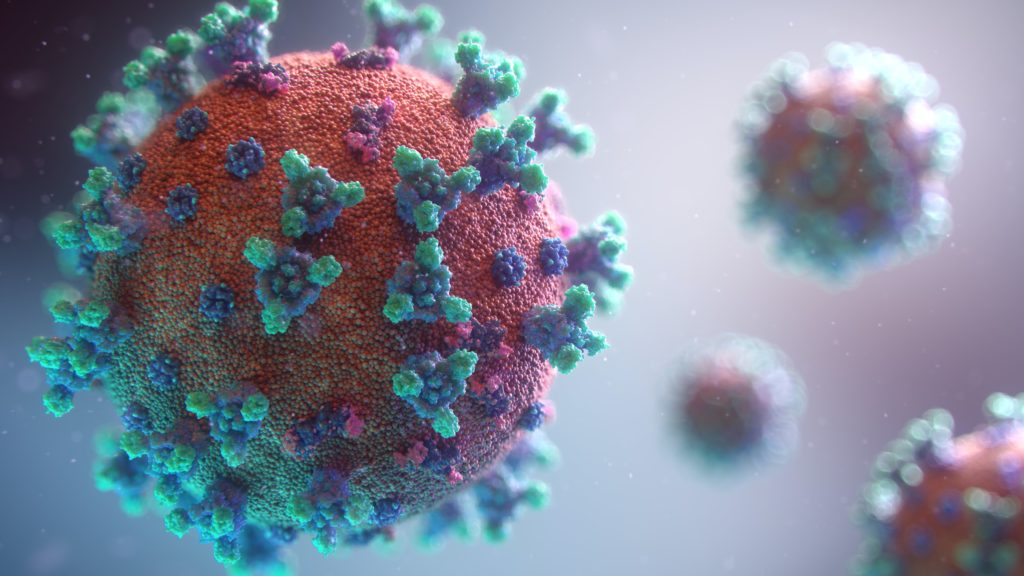
For the first time in 16 months, we are emerging into the light at the end of the COVID-19 tunnel. Masks are coming off, businesses are fully reopening, and we are gathering safely with loved ones. While communities are returning to a sense of normalcy, we should still be mindful of recent developments.
Countries around the world have been struggling with Coronavirus variants, and while experts are hopeful to avoid a mass shutdown due the availability of vaccines, it is important to stay informed. First, let’s cover the basics:
What are variants?
It is common for viruses to develop new mutations when passing from person to person. A good analogy for this process is photocopying a document. Each time you make a copy, the new document will likely have a very small change different than the original. Virus strains, in essence, work the same way. Viruses make these changes to adapt and survive.
The Centers for Disease Control and Prevention and the World Health Organization monitor variants to find out if transmission could lead to a surge in COVID-19 cases and deaths, as well as whether current vaccines can provide protection, says WebMD.
What is the delta variant?
Currently the most dominant strain in the United States, the delta variant is also the most contagious variant yet. Scientists estimate the delta variant is roughly 50% more transmissible than the alpha variant, which itself is 50% more contagious than the original coronavirus first identified in China in 2019.
Who is at risk?
Unvaccinated people are most at risk from the delta variant. It is still unclear whether delta causes an increased risk for severe illness than other coronavirus strains, but experts regard it as more dangerous because it can spread very quickly through unvaccinated populations. It is estimated that someone infected with the delta variant will spread the virus to three or four other people, compared to one or two other people through the original coronavirus strain, according to Yale Medicine.
Additional concerns about the delta variant include its potential to sidestep part of the body’s vaccine-induced immune response, leading to lower vaccine efficacy rates for those currently available. Overall, recent studies are reassuring fully vaccinated people that they are still fully protected from the delta variant.
Are the symptoms different?
In general, symptoms are the same as those we saw with the original coronavirus strain. The ZOE COVID Symptom Study, however, found cough and loss of smell seem to be less common with the delta variant and headache, sore throat, runny nose, and fever are more common.
How to protect against the delta variant
The best thing you can do is get fully vaccinated. Almost all the data collected so far supports that the COVID-19 vaccines are protective against severe illness, hospitalization, and death from all existing variants of the coronavirus.
To find a clinic near you, visit the Detroit Regional Chamber’s directory.